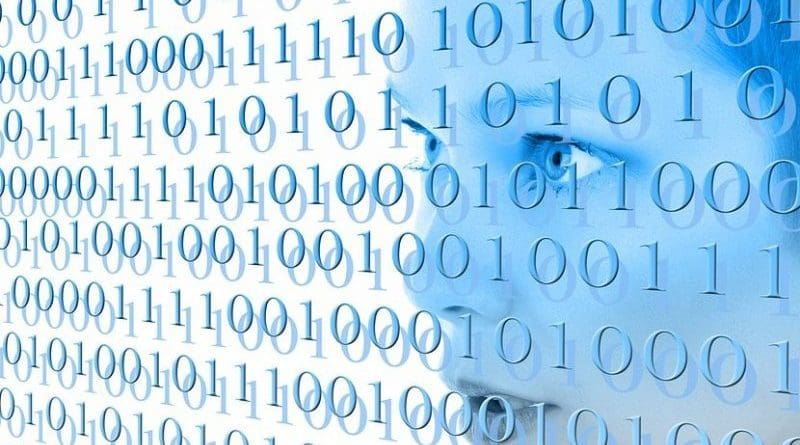Forging A New Ethical Relationship With Artificial Intelligence
Artificial intelligence, machine learning and big data are transforming global society, and questions of how to harness their potential while avoiding their risks are among the most pressing issues confronting an increasingly connected world.
“The transformational possibilities of intelligent technology are unprecedented,” said Dr. Peter Hershock, director of the Humane AI Initiative at the East-West Center in Hawai’i, during a recent online discussion panel on Humane Artificial Intelligence and Our Collective Future. “But if we are going to realize its tremendous promise to do good for the world while avoiding its equally great perils, we need to resolve the predicament of its potential to accelerate human values conflicts.”
Forging a new ethical ecosystem
If our current relationship to AI continues, it will not just disrupt labor markets and intensify inequality, Hershock said; it will change human behavior, structure our thinking and guide our decision-making. The debate about which human values and priorities AI should reflect and amplify will require nothing less than a “new, global ethical ecosystem,” he said, one that privileges compassion, creativity, diversity, cooperation and responsible stewardship of our environments.
Creatively engaging with intelligent tech
Dr. Andre Uhl, whose research explores responsible governance of emerging technologies, said that “to have more diverse and inclusive engagement with AI, we need to recognize that technology is a system that amplifies our relationships.”
Dr. Emilie Parry posed the question of whether the intelligence revolution can help humanity transition into what she termed an “ecocene,” in which sustainability supplants exploitation as a governing human value. If so, she asked, is there enough time to make the transition before climate change forces a correction?
Revolutionizing human nature
Before we can consider the benefits of human-centered AI, we must “revolutionize our human presence,” Hershock said, though he acknowledged that the window of opportunity to do so is closing. “The intelligence revolution will give us a better world only if we become better humans first,” he said.

